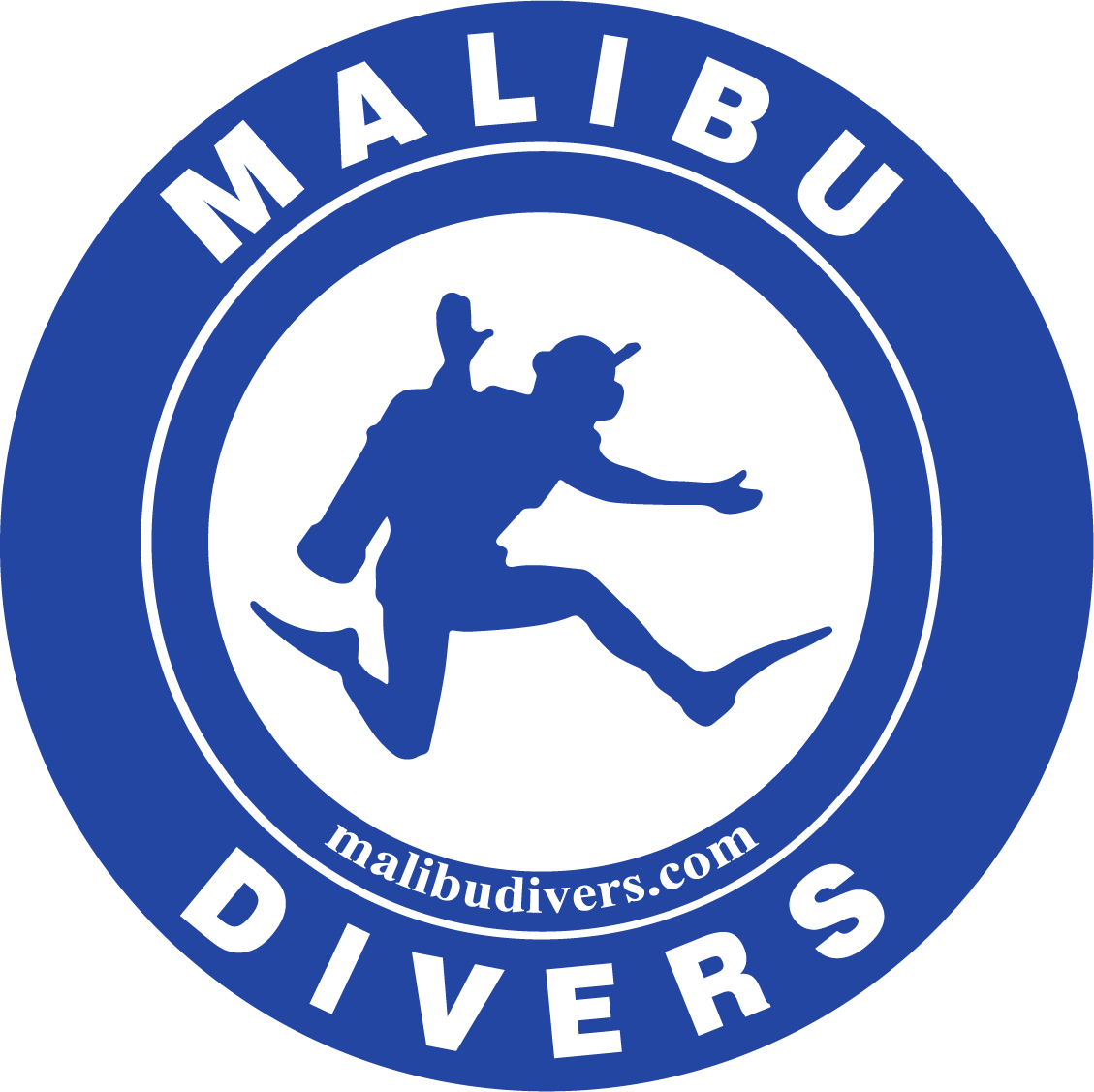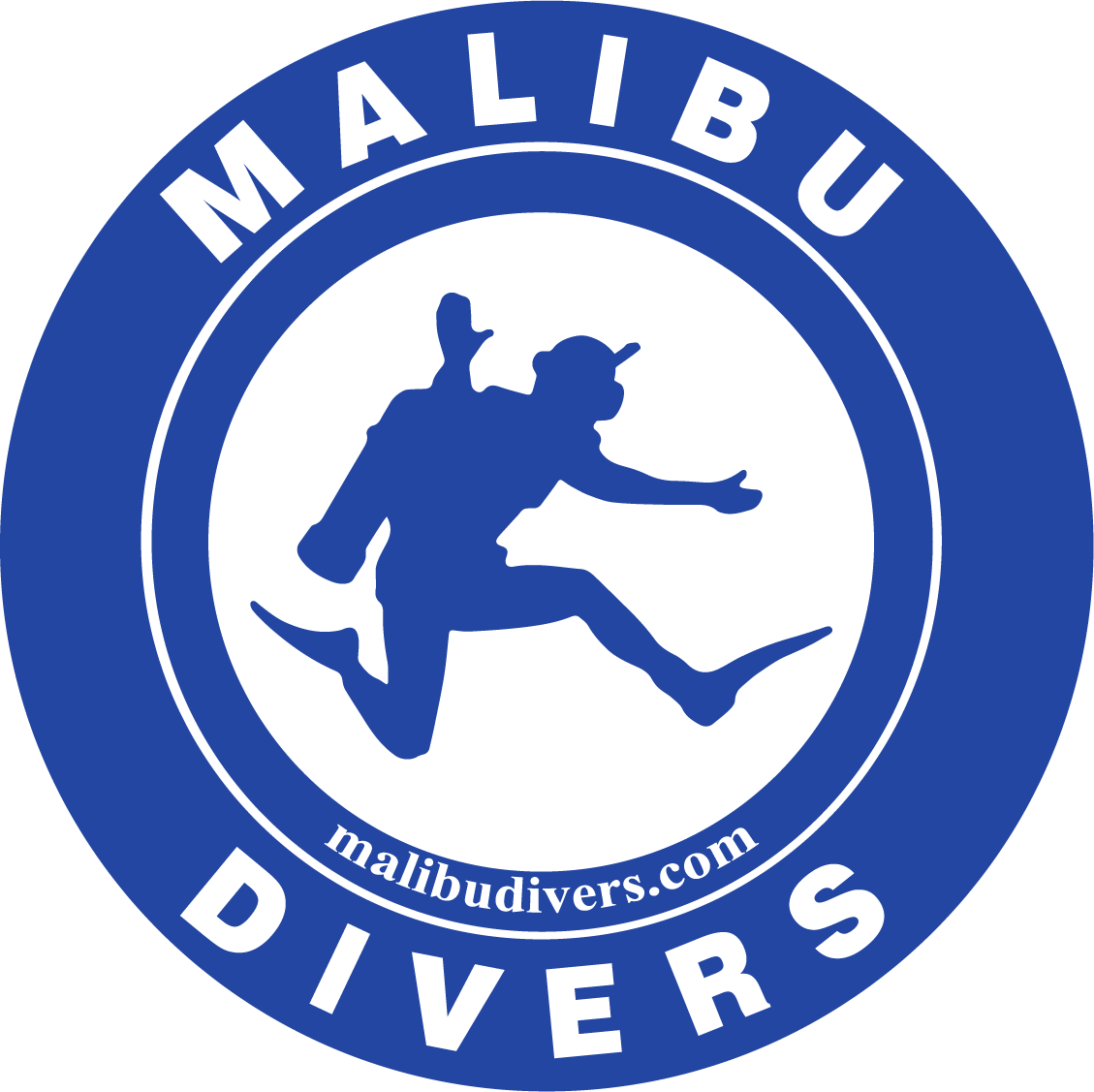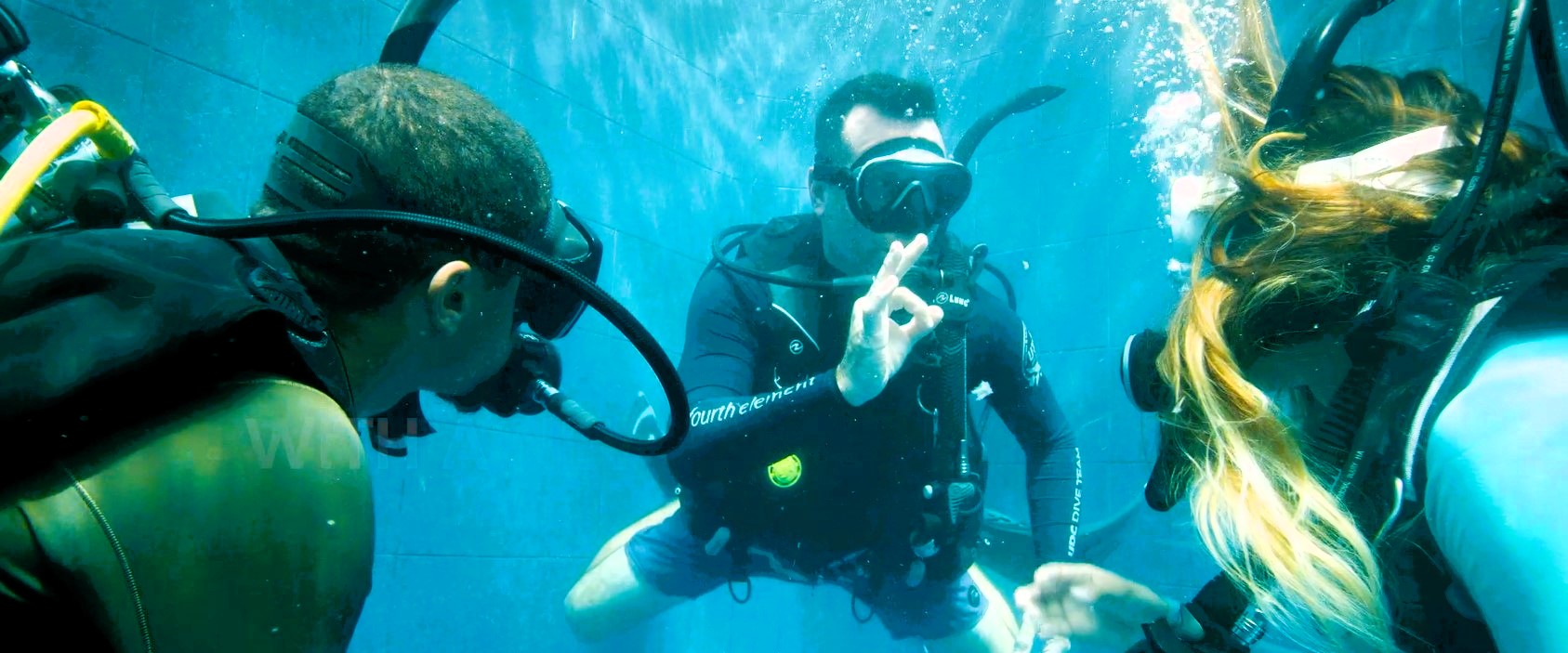Unlocking the Depths of Professional Diving: A Guide to Excellence and Empowerment

Whether you are already a diving professional or aspire to become one, the path to improvement and excellence is a continuous journey. As a diving professional, one of your essential roles is to guide and support your students during their training, especially when they encounter difficulties. Every student is unique, and it's crucial to recognize that there are rarely "bad" students; there are just professionals who need to figure out how to break through and help their students overcome challenges. So, let's explore some key aspects that can contribute to becoming a better professional diver and mentor to your students.
1. Cultivate Empathy and Understanding: To effectively assist your students, it's essential to develop empathy and a deep understanding of their needs. Put yourself in their fins and remember what it was like when you were learning. Recognize that each student learns differently, and your approach should be flexible to accommodate various learning styles. Strive to be patient and avoid judgments; instead, focus on finding ways to connect with your students and create a positive learning environment.
2. Continuously Improve Your Knowledge: As a diving professional, your expertise should go beyond the basics. To better help your students, consider enhancing your dive theory knowledge and gaining a deeper understanding of your specialty niche. This extra knowledge will enable you to explain complex concepts in simpler terms, making it easier for your students to grasp challenging concepts. Knowledge is power, and as you continuously learn and grow, you'll be better equipped to share your passion for diving with others.
3. Master Your Skills and Demonstrations: Your own skills and demonstrations as a diver play a vital role in how well your students grasp and execute techniques. Practice your skills regularly, and pay attention to the finer details of each movement. When demonstrating, do it slowly and with clear emphasis, so your students can observe and understand the correct execution. Whether it's achieving neutral buoyancy or mask clearing, your ability to demonstrate these skills effectively will inspire confidence in your students.
4. Effective Communication and Attitude: Communication is key in any teaching role. Pay attention to how you brief your students on skills, use hand signals, and communicate underwater. Use simple and concise language to avoid confusion, and encourage an open dialogue with your students, so they feel comfortable asking questions. Moreover, always maintain a positive and encouraging attitude during training sessions. Your demeanor can greatly impact your students' motivation and willingness to learn.
5. Recognize the Power of Non-Verbal Communication: Non-verbal cues can have a significant impact on the learning experience. Be mindful of your body language and facial expressions, as they can convey your emotions and attitudes towards the students. Avoid any negative non-verbal signals, such as eye-rolling or impatience, as they can discourage your students and hinder their progress. Instead, strive to be approachable and understanding, creating a safe space for them to express their concerns.

6. The Art of Pausing and Regrouping: In challenging situations, it's essential to know when to take a step back and regroup. If a student is struggling, pause the session and take a breather. Follow your training, and don't hesitate to seek assistance from a divemaster if needed. Sometimes, a short break or a change in approach can make all the difference. Encourage your students to take deep breaths and stay calm when they encounter anxiety, helping them refocus on their abilities.
7. Embrace Humility and Seek Feedback: Being humble is a valuable trait for any professional diver. Acknowledge that you might not have all the answers, and be open to learning from your students and peers. If you feel that you are not the right fit for a particular student, don't hesitate to recommend them to another professional who might connect better with them. Seek feedback from trusted colleagues and divemasters, as they can offer valuable insights and help you improve as an instructor.
Becoming a better professional diver is a continuous journey of learning, self-reflection, and dedication to your craft. By fostering empathy, improving your knowledge and skills, and maintaining a positive attitude, you can create a transformative learning experience for your students. Remember, your passion for diving and commitment to helping others succeed will make you a truly exceptional diving professional. Happy diving and happy teaching!



Share:
Exploring the World's Extraordinary Dive Sites: Finding the Perfect Fit
Freediving Competitions: Unveiling the Depths of Excellence